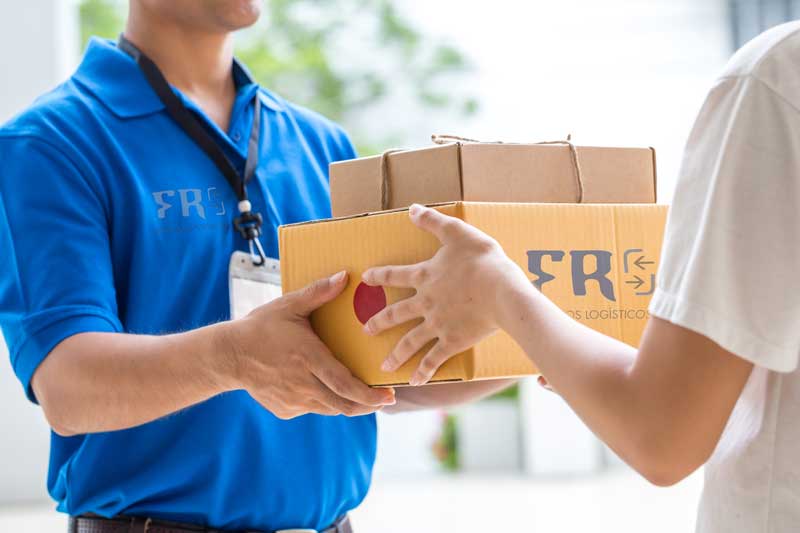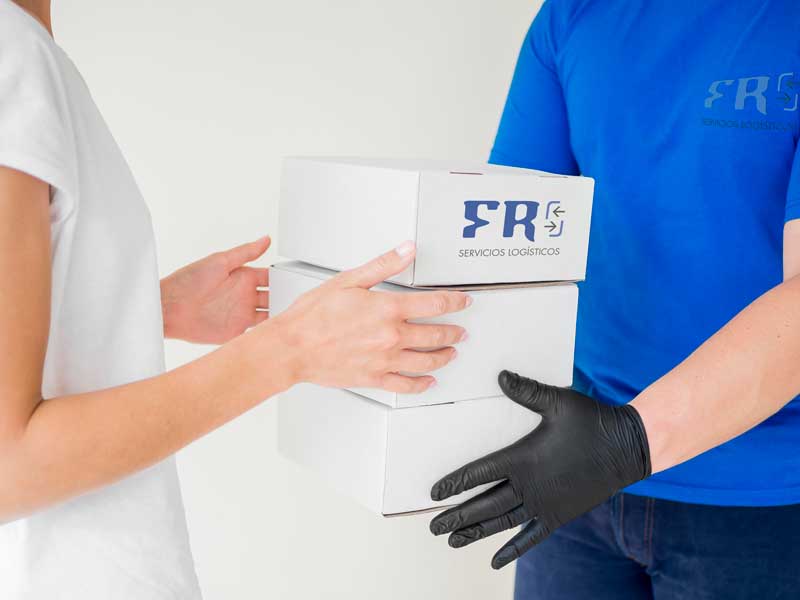In FR SERVICIOS LOGISTICOS we take charge of managing the returns of your eCommerce in an effective and controlled way, and we adapt to your policy on this matter.
Why is it important to manage your e-commerce returns?
The returns of your eCommerce are a very important point for customers, yet sometimes it is the process that is ‘forgotten’ by the eCommerce logistics of online sellers.
Did you know that 70% of users read the returns policy before making a purchase? Managing returned goods efficiently can also mean selling more.
For online shoppers, the returns policy is a fundamental factor. When they see that they can return a product if doesn’t suit them, it isn’t what they expected or they’re not sure whether or not they like it is added value when it comes to convincing them to make the purchase, as is the ease with which they can return the product.


A good returns policy can be one of the factors that influences a user when they decide which shop to choose.
In FR SERVICIOS LOGISTICOS we take care of dealing with your customers’ returns requests. We record them in the system and catalogue the reasons for the return, to provide you with all this unified information in a single environment.
We manage the collection of a returned product and maintain traceability until it reaches our warehouse. The received goods are then checked to make sure they coincide with those of the original sale and are in perfect condition to be entered into the stock again.
Our eCommerce returns processes:
- Management of accepted returns
- Collection of products in origin
- Transport and tracking to the warehouse
- Control of quantity and quality of the materials received
- Automatic notification of returns with details of content and condition for refunding customers.
- Product classification according to:
- GOOD CONDITION. They are entered into available stock
- DEFECTIVE. They are added to blocked stock for their service
- RECOVERABLE. They undergo a manipulation process to finally be added to available stock
- Packaging and materials management to either recycle them or convert them into waste.







